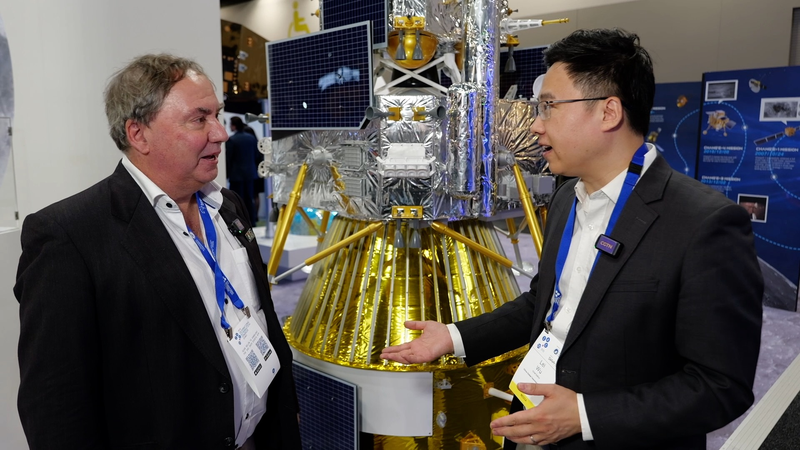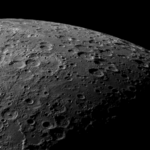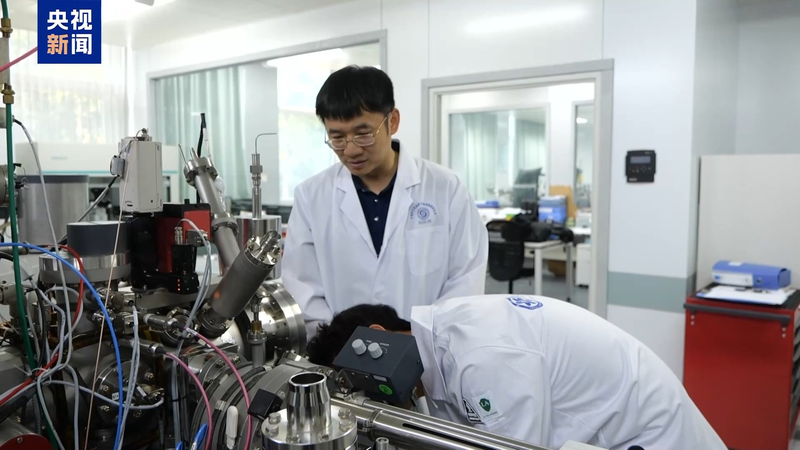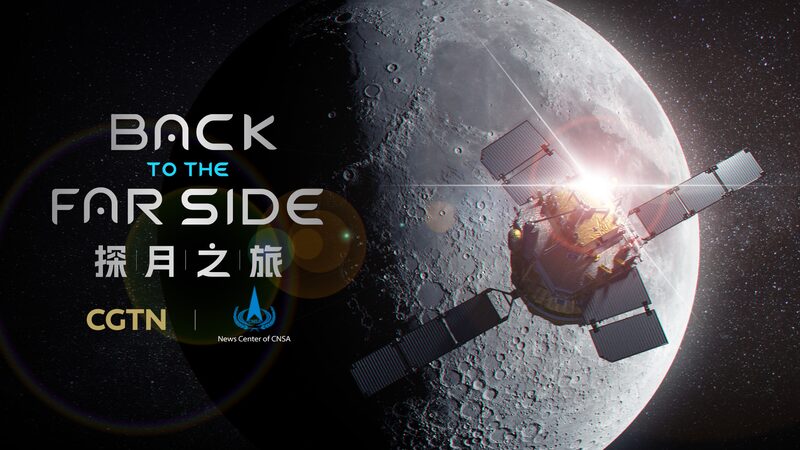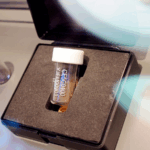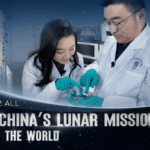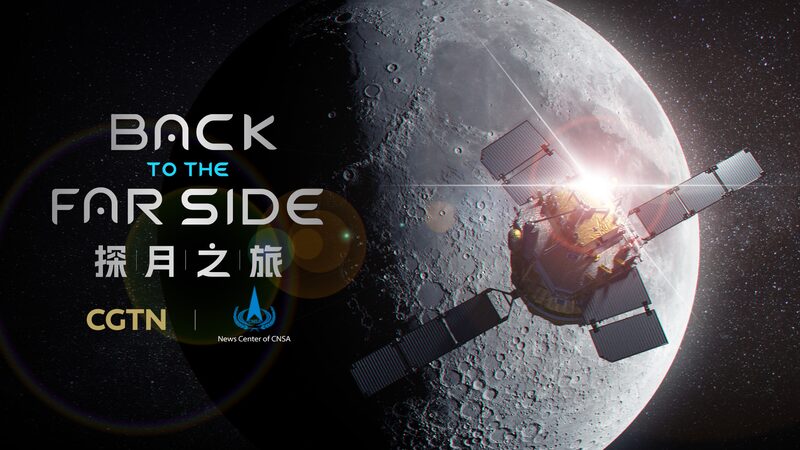At the 76th International Astronautical Congress (IAC 2025), Professor Quentin Parker of the University of Hong Kong (HKU) revealed groundbreaking insights into the institution's contributions to China's lunar exploration program. Speaking to CGTN reporter Wu Lei, Parker emphasized HKU's pivotal role in analyzing lunar samples from the Chang'e-5 and Chang'e-6 missions, calling it a 'testament to cross-border scientific collaboration.'
From Lunar Samples to Future Missions
HKU has become one of the few institutions worldwide to receive rare lunar regolith from China's historic missions. Parker noted the samples are enabling breakthroughs in understanding the Moon's geological history. The university is now preparing to contribute to the Chang'e-7 mission, set to explore the lunar south pole for water ice and other resources.
A Global Stage for Space Science
The IAC 2025, organized by the International Astronautical Federation and concluding October 3, highlighted China's growing leadership in space exploration. Parker stressed that HKU's involvement underscores the importance of international partnerships: 'Science transcends borders—these missions benefit all humanity.'
As nations race to establish a sustainable lunar presence, academic institutions like HKU are proving vital in translating cosmic discoveries into practical knowledge for Earth's challenges.
Reference(s):
HKU professor showcases university's role in China's lunar exploration
cgtn.com
